By Arabinrin Aderonke
Why does Nigeria, a country blessed with oil, gas, minerals and millions of hardworking people, still struggle to meet its financial responsibilities? Why are public schools often in poor condition, hospitals lacking supplies, and some infrastructure projects delayed for years? Why does the government continue to borrow even when taxes are being paid, oil revenues are recorded, and businesses are making profits?
The answers are not difficult to find. They are in what experts describe as Illicit Financial Flows. These are funds that are meant to support development within Nigeria but are quietly moved elsewhere. This happens through tax avoidance schemes, manipulated trade invoices, the use of anonymous companies, and international agreements that no longer reflect Nigeria’s current needs. This is not simply an issue of wrongdoing. It is a question of systems, of influence, and of long-standing practices that have allowed wealth to move out while public services remain behind.
At the National Conference on Illicit Financial Flows held in Abuja on July 22, 2025, Dr. Zacch Adedeji, Executive Chairman, Federal Inland Revenue Service, spoke directly to the issue. He outlined how Nigeria’s tax system is being undermined by mispriced trade, profit shifting, aggressive avoidance schemes, and financial outflows disguised through legal and accounting loopholes. These practices, he said, are draining the country of revenue meant for core responsibilities, delaying infrastructure, weakening healthcare, stalling education, and undermining public safety.
The gathering brought together stakeholders including Dr. Doris Uzoka-Anite, Minister of Industry, Trade and Investment; Irene Ovonji-Odida of the United Nations High-Level Panel on Illicit Financial Flows; and representatives from the Independent Corrupt Practices and Other Related Offences Commission (ICPC), the Economic and Financial Crimes Commission (EFCC), Nigeria Customs Service, the Central Bank of Nigeria, and the Securities and Exchange Commission.
The Tax Boss said it as it is. He connected the loss to the consequences. What leaves Nigeria through these channels is not just money, but a lost opportunity. He reminded the room that no government can meet the needs of its people if it allows its revenue to be quietly extracted and transferred elsewhere. In pointing out the harm, he also placed responsibility not only on external actors but on institutions at home to strengthen the systems that protect national resources. If we recall, Dr. Zacch has been active on multiple fronts. Not long ago, he inaugurated the Anti-Corruption and Transparency Unit at FIRS, working closely with ICPC to root out corruption in tax collection and ensure honesty in how revenue is gathered. This shows he is not just talking about change; he is making it happen.
Tax Boss also made it clear that Nigeria must review its tax treaties with other countries. Many of these were signed decades ago and do not serve Nigeria’s current interests. Some even allow companies to move profits out of Nigeria easily. He has started talks with several countries to change these deals and close the loopholes.
He spoke about data. About making sure Nigeria can see, in real time, what money is coming in, where it is going, and whether it is being properly taxed. He said it is not acceptable for the country to be blind to financial movements happening in its economy. He mentioned that FIRS is building a modern data engine that can track transactions more efficiently. This is what it means to upgrade the tools of revenue protection.
Another important point he made was about unity. He said the work of stopping illicit financial flows is not for FIRS alone. It will require Customs, the Central Bank, the EFCC, the ICPC, the Ministry of Finance, the Ministry of Trade, and even international partners. Everyone must be on the same page.
If we are paying attention, we will also remember that the FIRS now has a new directorate focused specifically on tackling illicit flows and recovering lost assets. It is called the Proceeds of Crime Management and Illicit Flows Coordination Directorate. It didn’t exist before. This is part of what the Tax Boss created to make sure the work is not just theoretical but backed by a unit with the power and capacity to act. The directorate is designed to coordinate internally and externally, especially with other law enforcement and anti-corruption agencies.
Dr. Zacch came with the voice of someone who understands that Nigeria is bleeding revenue and that this bleeding must stop. His words did not blame others. They called for action, for systems, for collaboration, and for urgent reforms that reflect the reality of our economy in 2025, not that of 1985.
The Tax Boss is not just managing a revenue agency. He is confronting a system that for years has quietly allowed the wealth of our dear nation to leak out without accountability. He is bringing the matter to the table, bringing people into the room, building structures, and facing what many before him avoided. The work is not done. Dr. Zacch is not doing guesswork. This kind of leadership is rare. It is serious, focused, and rooted in national interest.
Arabinrin Aderonke is the technical assistant on broadcast media to the executive chairman of the Federal Inland Revenue Service.



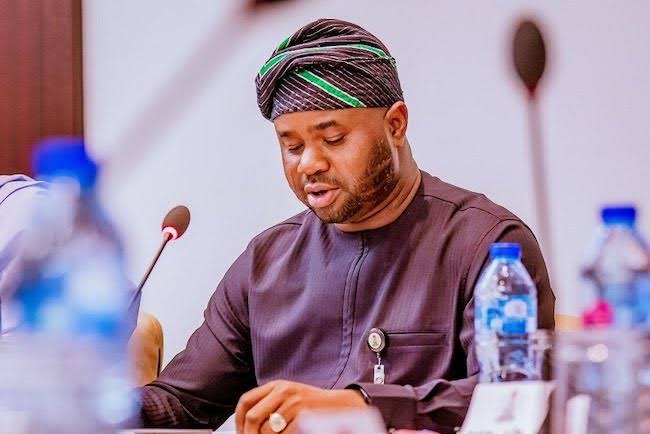


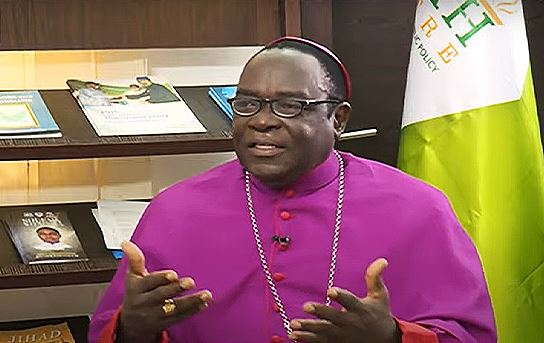
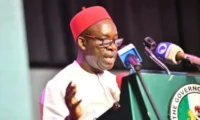








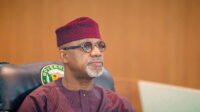
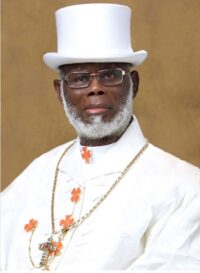
Leave a comment